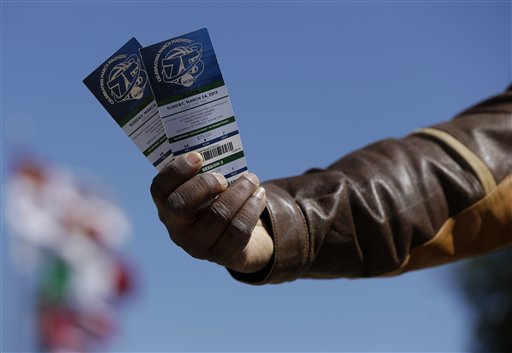SCALPED! When you buy a concert ticket, do you really own the ticket?

AUSTIN, Texas — When a Texan buys a concert ticket, is it a license to have a great time or does it become personal property that can be sold or traded?
Texas lawmakers plan to take up the question that has triggered legislative fights in other states and could determine how tickets for concerts, sports or any other major event are sold, resold or even taken away. An attempt to wrangle tickets to the Houston Livestock Show and Rodeo last month put a spotlight on the problem.
The rodeo discovered that season ticket holders, sponsors and others who had tickets to a George Strait concert were reselling their tickets, some for as high as $11,000. Rodeo staff decided that reselling the tickets for a higher value violated the terms of the ticket and cancelled 5,000 of them in order to resell the tickets to someone else.